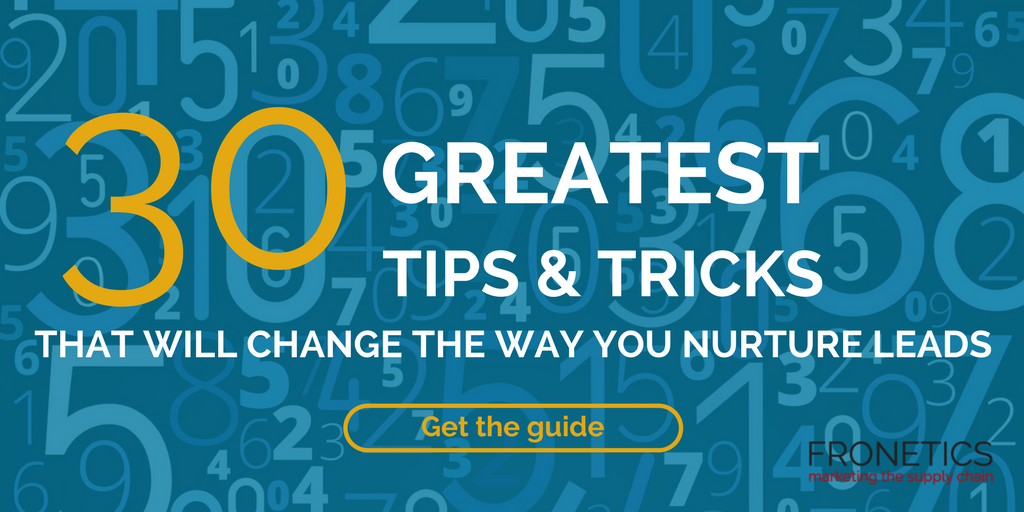
Video: Search Intent: How It Affects SEO
Search intent looks at the ‘why’ behind a search. If you’re looking to improve your website ranking, here’s how search intent affects SEO.
Highlights:
- If you truly want to rank at the top of search results, you’ve got to shift your thinking in terms of topic clusters.
- Think about your buyer personas. What kinds of queries they’re typing into Google – not just the actual words but the intent behind the keywords?
- Then start creating content to answer those questions in different formats like video, blog, and infographics.
Video transcript:
I’m Elizabeth Hines from Fronetics, and today’s topic is search intent and how it affects SEO.
I keep saying that trying to rank for certain keywords is a really outdated method of SEO. If you truly want to rank at the top of search results, you’ve got to shift your thinking in terms of topic clusters. And you should develop those topic clusters based on something called search intent.
Now search intent is the why behind a search query. What that means is why did the person conduct this search in the first place. There are 4 types:
- Informational: when a user is searching for specific information.
- Navigational: when a user is looking for a specific website
- Transactional: when a user is looking to make a purchase.
- Commercial investigation: when a user is researching products or services but they’re not yet ready to make a purchase. They might be looking for reviews and comparisons.
So, how can you optimize your website to better serve search intent?
Think about your buyer personas. What kinds of queries they’re typing into Google – not just the actual words but the intent behind the keywords? Are they trying to solve a problem, like, how can I extend battery life on my forklifts? Are they trying to understand how new federal regulations or mandates might impact their business? Or, are they trying to budget for a new solution and researching pricing?
The next step is creating content to answer those questions. Try answering the question in several different formats — long-form content, blogs, video, infographics. Creating this like of content with search intent in mind is more likely to get you ranking higher in Google search results than thinking about individual keywords and phrases.
For more information, visit us at our website at fronetics.com.
Related posts:
